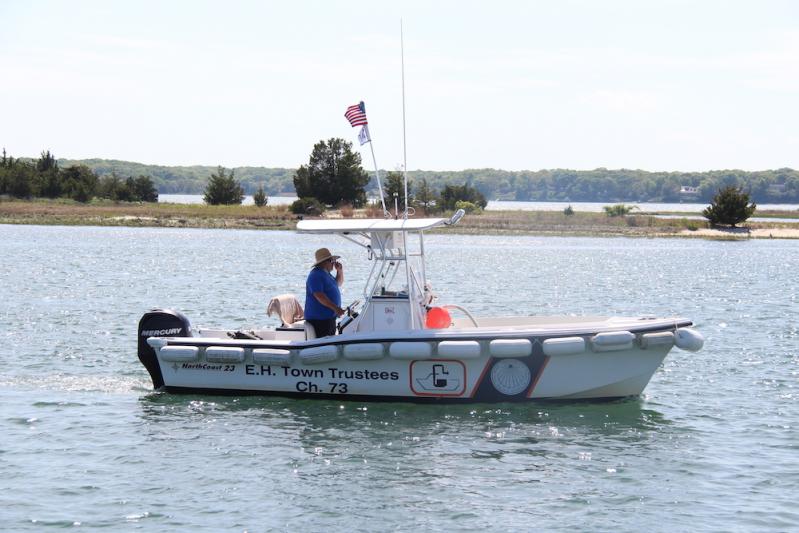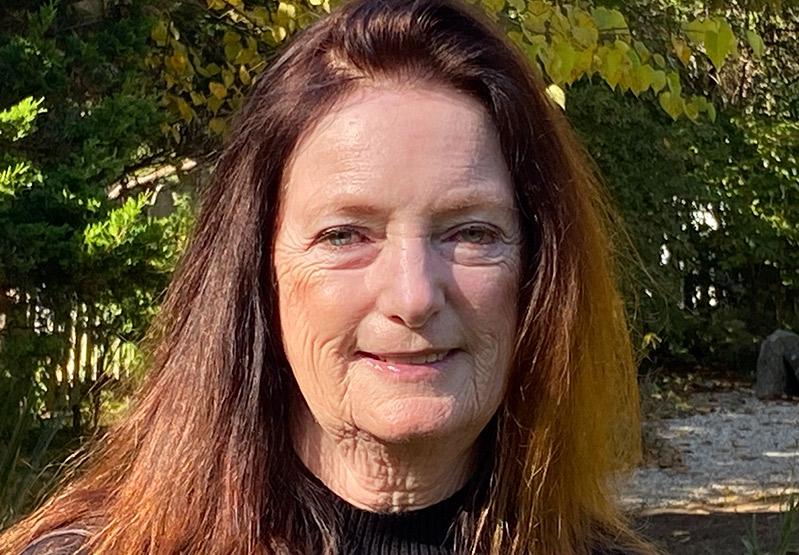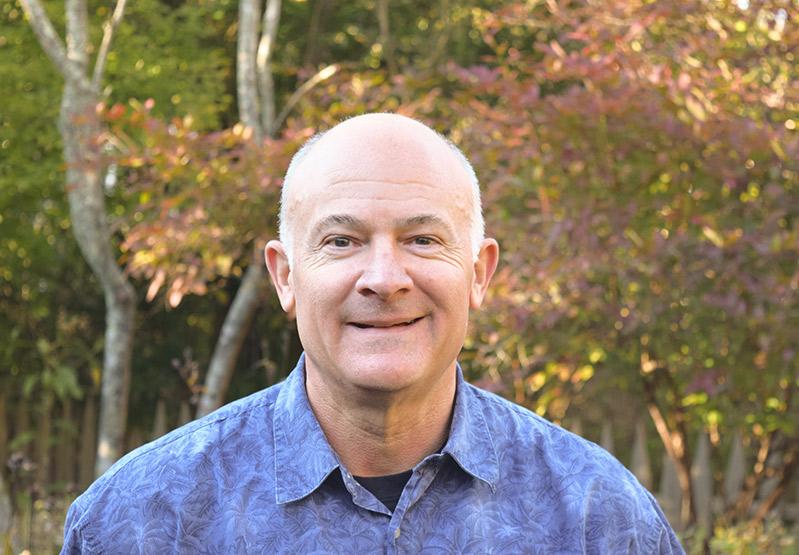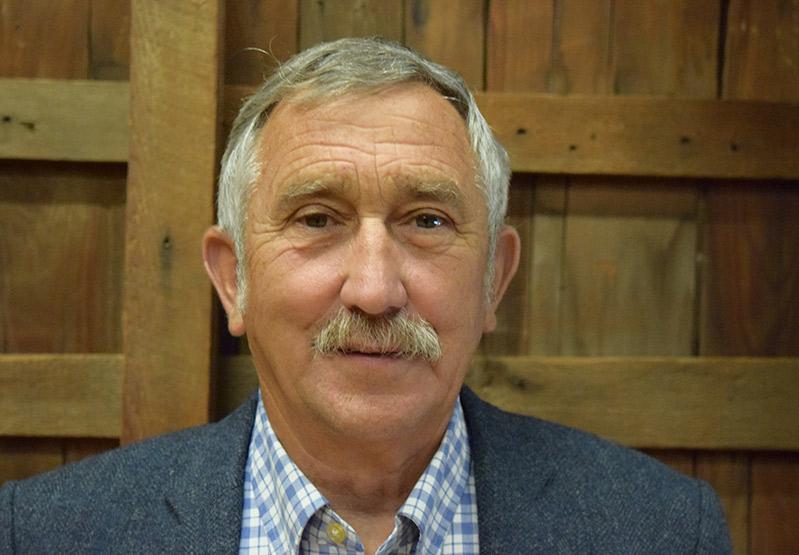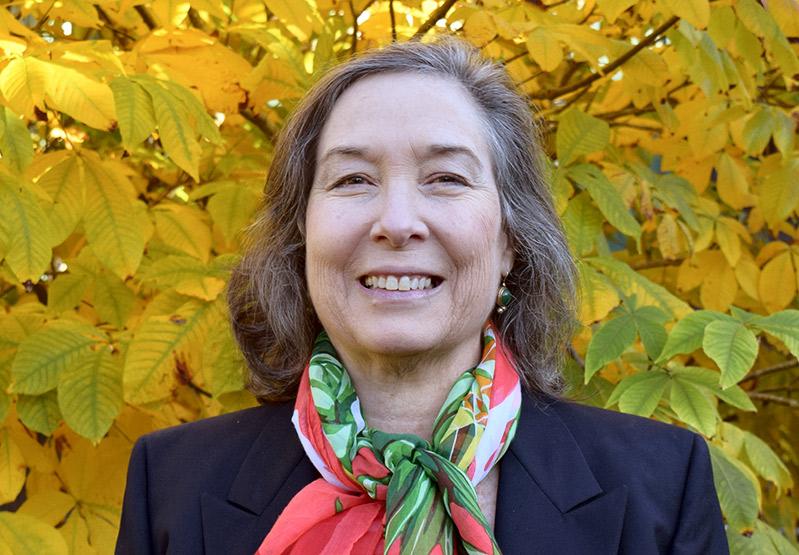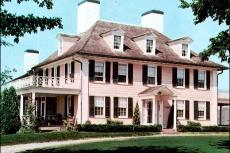Seven of the nine incumbent East Hampton Town Trustees, six of them Democrats and one a Republican with Democratic cross-endorsement, are seeking re-election on Nov. 7. Altogether, there are 12 people running for the nine seats, including three Republican challengers, one Democrat, and one other cross-endorsed candidate.
Thanks to Senate Bill 2021-S6331, signed by former Gov. Andrew M. Cuomo shortly before his 2021 resignation, the terms of office for the trustees will be staggered, with the top five vote-getters serving a four-year term and the next four serving for two years. Thereafter, elections will continue on a biennial basis, but with fewer candidates up for re-election and all elected trustees serving four-year terms.
Following are profiles of the 12 candidates, based on interviews conducted this month.
John Aldred (D)
Elected to the trustees in 2017, John Aldred once worked at the New York Ocean Science Laboratory in Montauk, later co-founding Multi-Aquaculture Systems on Napeague and, in the late 1980s, launching the town’s shellfish hatchery. As a trustee, he was deeply involved in the initial 10-year review of the Suffolk County Aquaculture Lease Program. He has also worked with the Nature Conservancy and the county’s Division of Vector Control to sample for mosquito larvae in Accabonac marshlands, which has produced a sizable decrease in the county’s application of larvicide there.
More recently, Mr. Aldred has led the trustees’ survey of docks and other structures in trustee-managed waterways, and worked to improve town-trustee coordination to ensure that private docks are in compliance with their permits. He serves on the trustees’ Three Mile Harbor committee and is deeply involved in harbor management and water quality issues, representing the body on the town committee that reviews and recommends funding for improvement projects.
Francis Bock (D)
The clerk, or presiding officer, of the trustees, Francis Bock was elected in 2015, after serving two terms a decade earlier. Staggering the trustee terms was “a pretty good accomplishment,” he said. “I hope that it will allow both parties to search for quality candidates.”
With his deputy clerks, Bill Taylor and Jim Grimes, “one of our goals was to develop a better working relationship with the town board” and other government agencies, he said, because at the time of his election “it was quite contentious. We’ve certainly accomplished that . . . people who come to the board with applications used to be extremely frustrated in the way that applications were ignored or not voted on.”
He called negotiations with developers of the South Fork Wind farm successful, as the trustees and the town will share a community benefits package worth almost $29 million over 25 years. “We are determined to only use that for environmental projects on trustee holdings,” he said.
David Cataletto (D, WF)
A teacher at East Hampton Middle School, David Cataletto was elected a trustee in 2021. He serves on the board’s Northwest Creek, Accabonac Harbor, and technology committees, and on the education committee as a liaison to youth. He leads the Middle School’s Surfrider Club, and recently helped students seed some 25,000 oysters in trustee waters.
His work with the trustees and the Surfrider Club overlaps with his efforts to educate the public as to protecting wetlands, estuaries, and beaches, he noted. With students, he also helps to maintain the bioswale at Methodist Lane in East Hampton Village.
This year, Mr. Cataletto was instrumental in moving the trustees’ annual Largest Clam Contest to the Amagansett Life-Saving and Coast Guard Station Museum, of which he is also a trustee. (The event was canceled, unfortunately, following heavy rains that closed most of the town’s waterways to shellfish harvesting.) “We will do it next year,” he promised.
Patrice Dalton (D, R, WF)
A biostatistician by training, Patrice Dalton, a first-time trustee candidate and the only one endorsed by the Democratic, Republican, and Working Families Parties, previously worked on clinical trials and drug development for global pharmaceutical companies. “In the process, I learned to be collaborative, and am pretty technical,” she said.
She is a member of the Springs Citizens Advisory Committee and the Peconic Estuary Program, and is president of the Accabonac Protection Committee. She participated in initial field work in the trustees’ program to sample the Accabonac saltmarsh for mosquito larvae. “I know the harbor like the back of my hand,” she said.
Last week, the Springs C.A.C. hosted a forum on drinking water quality at the East Hampton Library. “That was something I really wanted to do,” Ms. Dalton said. “This is why I wanted to become a trustee. I think it’s a logical next step.”
The trustees, she added, “were always involved with what I was involved with. I like what they do, and think I can add value to them.”
Ben Dollinger (D, WF)
An insurance broker, Ben Dollinger was elected in 2019. He serves on the trustees’ education, Georgica Pond, and harbor management committees. Negotiating a lease agreement with the developers of the South Fork Wind farm was the biggest initiative during his tenure, he said, along with “trying to navigate through climate change and see how it’s really affecting us firsthand. It really hit home with the [cancellation of the] Clam Contest.”
Educating youth and the trustees’ scholarship fund are important to him, Mr. Dollinger said, and he has worked to make the fund more and more meaningful. “Being a steward of the waterways and beaches, and the environment in general, we’re playing a lot of defense and trying to figure out how to play offense,” he said, “but they are all complicated issues and problems.” Maintaining public access to beaches and “keeping waterways safe and clean so people can swim and enjoy them” are priorities.
John Dunning (R)
A grandson of Sam Lester, a former town councilman, John Dunning, running for trustee for the first time, is a commercial pilot who worked for the late Ben Krupinski in the 1990s. “I’ve been here ever since,” he said. “Taking care of the bottomlands and the waterways and beaches is really important to me. As a boater, I frequently take the family out on Three Mile Harbor. Maintaining a clean environment is important.” As a pilot who has flown all over the world, he added, “I’ve seen what happens when there is no environmental regulation.”
The lawsuit that led to privatization of a 3,000-foot stretch of ocean beach on Napeague was “unfortunate,” he said, but “I think [the trustees] fought a good fight. I think they do a decent job. I’d like to offer my expertise and help, and try to further that push to protect the bottomlands, the waterways, and the beaches.”
“Some people think that being a Republican is anti-environment,” Mr. Dunning said. “I don’t think that’s the case. I consider myself a conservative environmentalist. Protecting the environment and protecting the quality of life is compatible with being a conservative, because I’ve seen what happens when there is no protection.”
Mark Edwards (R, C)
A lifelong resident, Mark Edwards of Montauk, also a challenger for the board, is a descendant of the seafaring Edwards family of Amagansett. He has been in the construction and excavation business since 1987, and is the principal of Mark Edwards Contracting Inc. He wants to “be helpful to the cause of preserving what needs to be preserved in the town,” he said, and “bring a reasonable, rational point of view to things.” The town has become less business-oriented, he said, making it more difficult to operate a small business here.
Thoughtful management of trustee properties is going to be very important, Mr. Edwards said, pointing to the east channel of Napeague Harbor, which “hasn’t been dredged in forever. That used to be frequently done, every couple of years at the least, and I think for a number of reasons it’s very important that that get done, for the health of Napeague Harbor.”
Tim Garneau (D)
During his first two terms as a trustee, Tim Garneau served as a site coordinator for Cornell Cooperative Extension’s horseshoe crab monitoring research project, engaging high school students and other members of the community in compiling data that the State Department of Environmental Conservation uses to assess the species’ status. “We could do better with fertilizer management,” he said, and spoke of forming a coalition of landscapers to limit its use. “One of the best defenses” of the environment “is public education,” he said. “It’s important that we continue to protect public land and beaches.”
He serves on the trustees’ harbor, beaches, Northwest Harbor, and Lazy Point committees. A resident of Northwest Woods, Mr. Garneau keeps a boat near Cedar Point. “I feel like I’m constantly patrolling,” he said, recalling out-of-towners fishing in the county park and sleeping in their cars there during the pandemic, and the resulting litter. “I am protecting my own area, and protecting the area for everyone,” he said.
A proponent of the South Fork Wind farm, he believes that it is “moving along well,” and said that the trustees would use money from the town’s agreement with its developers to embark on dredging Napeague Harbor’s east channel. “I’m passionate, energetic, and committed,” he said.
Jim Grimes (R, D, C)
Jim Grimes, who was elected in 2015, has consistently been among the trustees’ top vote-getters. One of the board’s two deputy clerks, he is the only candidate endorsed by the Republican, Democratic, and Conservative Parties. “I hope I’ve done a good job,” he said.
He pointed to the improvement of water quality in Georgica Pond, the agreement with the wind farm’s developers, and the trustees’ 2019 vote to extend leases at Lazy Point, where residents own houses but the trustees own the underlying land, from one year to 35 years, thus helping prospective buyers to obtain mortgages and making it easier for tenants to get long-term loans and make improvements. “When I got on the board, the relationship that had been cultivated in the Lazy Point community was probably at an all-time low, and we have a great relationship now,” Mr. Grimes said.
Of the present board, he said that “we’re not the heavy; we try and work with property owners to get what is the best thing for everybody. We’re very supportive of property owners’ rights and public access rights, and it hasn’t resulted in any knock-down, drag-out battles.”
Celia Josephson (D, WF)
A first-time candidate, Celia Josephson is an attorney who “felt that I would make a contribution, in part because the issues that are going to be emerging, and have already, require or are aided by a legal background.” Her children, “who work in the fields of sustainability,” encouraged her to run, she said. “They will inherit the environment and the ecological state of the waterways that we leave to them.”
In Massachusetts in the 1980s, Ms. Josephson worked on health care; specifically, lead poisoning prevention, for the state legislature, requiring her to interface with federal, state, and municipal agencies. “I got hands-on experience dealing with different levels of government.”
“One thing that fascinates me is the independent status of the trustees,” she said, which might help them “to be innovative, and potentially take steps that might not necessarily be something the regular town structure could accommodate.”
Kurt Kappel (R, C)
Kurt Kappel, also a first-time candidate, owns a construction company but “grew up on the water my whole life, fishing, clamming, boating.” His grandfather owned the Shagwong Marina, he said, and “Three Mile Harbor was my playground.” As he was not allowed to take the work boat out of the channel until he was 12, “I probably hit every inch of Three Mile Harbor, just exploring. I worked the summers here all through high school and college,” and after graduation returned to East Hampton, where he has lived ever since.
“I’ve wanted to run for trustee for a long time,” Mr. Kappel said. “I think I can bring local knowledge to how things have changed, how things have gotten better, how things have gotten worse. I think I have a good knowledge of local waters, all the harbors, especially in Springs.” The trustees “have to keep the waterways and the harbors accessible, letting people do what they should be able to do,” he said.
Bill Taylor (D, WF)
Almost 10 years on the job, Bill Taylor, formerly the town’s waterways management supervisor, is now the longest-serving trustee, having been elected in 2013. A deputy clerk, he and Mr. Bock “put together a pretty good group of candidates in 2015,” when Democrats seized a majority. “I think we’ve done a real good job,” he said, pointing to the trustees’ meetings moving from their cramped office in Amagansett to Town Hall and being broadcast on LTV.
With regard to the South Fork Wind farm, the trustees “held their feet to the fire,” he said, to ensure that the town will not see the same problems experienced at the Block Island Wind Farm, the developers’ first offshore wind farm in the United States, where its export cable became exposed at a popular bathing beach. The agreement with the developers, he said, will finance dredging work at Napeague Harbor.
“Water quality is what we want to concentrate all of that money on,” Mr. Taylor said. “We do a lot of things for Montauk, even though it’s not our territory, but we’re good neighbors. Anything that happens to one piece of water is connected to another piece of water.”
“We’re doing things in a pretty knowledgeable, scientific fashion,” he said. “I want to make sure we keep good people, and point the trustees in the right direction for the future.”

